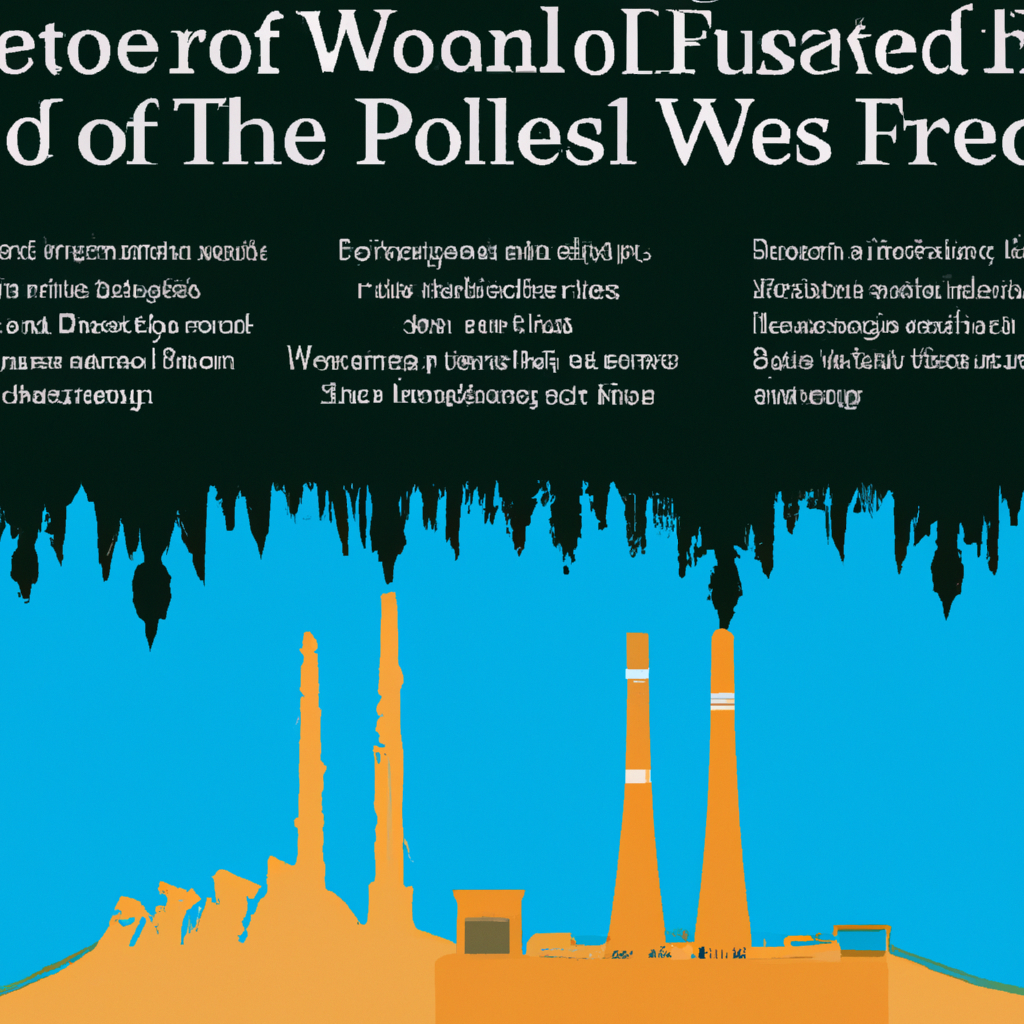“Powering the World: The Formation, Importance, and Environmental Impact of Fossil Fuels”

Title: Unearthing the Origins and Impact of Fossil Fuels
Introduction
Fossil fuels have been the driving force behind industrialization and modern civilization. They power our homes, vehicles, and industries, generating the energy that underpins our daily lives. However, the origins of these ubiquitous energy sources are often overlooked. This article aims to shed light on the formation of fossil fuels and their significance in our world today.
Origins of Fossil Fuels
Fossil fuels are hydrocarbons, primarily coal, fuel oil or natural gas, formed from the remains of dead plants and animals. The process of their formation is known as fossilization and it occurs over millions of years.
Around 300-360 million years ago, during the Carboniferous Period, the Earth was dominated by vast swamps and forests. When these plants and animals died, they would sink to the bottom of the swamps and oceans, beginning the long process of becoming a fossil fuel.
Over time, layers of mud and dirt covered these remains. The pressure and heat from these layers turned the remains into peat and then into coal, oil or gas, depending on the conditions and elements present. This process is known as ‘carbonization’.
Types of Fossil Fuels
1. Coal: Coal is a black or brownish-black sedimentary rock primarily composed of carbon along with various other elements such as hydrogen, sulfur, oxygen, and nitrogen. It was formed from the remains of plants that lived and died about 100 to 400 million years ago.
2. Oil: Also known as petroleum, oil is a liquid fossil fuel that is formed from the remains of marine plants and animals that died millions of years ago.
3. Natural Gas: Natural gas is a gaseous fossil fuel that is formed from the remains of plants and animals that lived 200 to 600 million years ago.
Fossil Fuels and the Environment
While fossil fuels have propelled our civilization forward, their usage comes with significant environmental implications. The combustion of fossil fuels releases greenhouse gases such as carbon dioxide into the atmosphere, contributing to global warming and climate change.
Moreover, the extraction and transportation of fossil fuels can lead to oil spills and other environmental disasters. These can have devastating impacts on ecosystems, wildlife, and human health.
The Future of Energy
As the environmental impact of fossil fuels becomes increasingly evident, there is a growing emphasis on transitioning to renewable energy sources such as wind, solar, and hydroelectric power. These energy sources are not only sustainable but also have minimal impact on the environment.
Conclusion
Understanding the origins and impact of fossil fuels is crucial as we navigate our energy future. While they have been instrumental in our development, their environmental toll necessitates a shift towards cleaner, renewable energy sources. As we move forward, it’s essential to balance our energy needs with the health of our planet, ensuring a sustainable future for all.